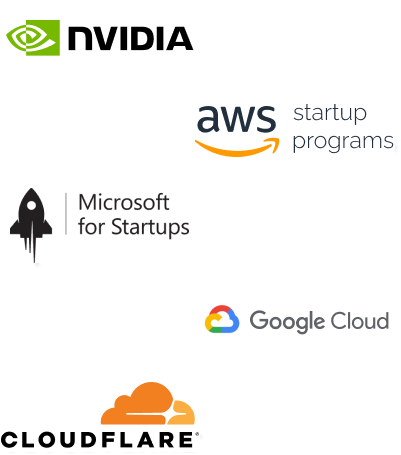- Home
- Services
- IVY
- Portfolio
- Blogs
- About Us
- Contact Us
- Sun-Tue (9:00 am-7.00 pm)
- infoaploxn@gmail.com
- +91 656 786 53
For mobile developers, deployment isn’t just the final step—it’s often the most challenging and unpredictable. With constantly evolving guidelines from Google and Apple, staying compliant has become a moving target. Small changes in store policies can derail an otherwise smooth release. App store rejections, delayed approvals, or unexpected removal from the store can damage user trust and interrupt business goals. In 2025, both the Play Store and App Store introduced new requirements that directly impact how Flutter apps are built, tested, and submitted. These updates demand closer attention from developers and more proactive planning during development.
Google continues to push for tighter security and user data transparency. Several important changes have taken effect:
Failing to complete or update the Data Safety section correctly can result in the app being taken down until it’s resolved.
Apple has also rolled out changes focused on transparency, user privacy, and app update quality.
These rules apply to all apps, regardless of category, and can trigger rejections if not handled carefully.
Flutter’s biggest strength—its ability to share code across platforms—is also where deployment becomes tricky. Because Flutter apps depend on native plugins to access features like camera, location, storage, or analytics, they are directly affected by platform-level policy changes.
If a plugin hasn’t been updated to support new SDK targets or privacy standards, developers have to decide whether to fork the plugin, wait for a fix, or find an alternative. In many cases, official plugin repositories may not respond quickly to policy updates, which slows down development and testing cycles.
This has made dependency management a more critical part of the Flutter development process in 2025. It’s no longer enough for a plugin to “work”—it must also pass policy checks, include privacy documentation, and adhere to modern API requirements.
Earlier this year, our team submitted a Flutter app that used an older version of a popular crash reporting tool. The app worked perfectly in testing and passed automated checks. However, Apple rejected it during review due to a missing privacy manifest tied to the SDK. This issue wasn’t flagged locally or during CI/CD checks, leading to a last-minute scramble to replace the SDK and resubmit the app.
In another project, we relied on WebView to display certain external content, which included some third-party analytics scripts. Google Play flagged our submission because the Data Safety section did not mention tracking behavior accurately, even though ads and analytics weren’t core features of the app. This led to a week-long delay while we reviewed, rewrote, and resubmitted the privacy disclosures.
These kinds of unexpected issues are becoming more common and can seriously impact timelines, especially for small teams without dedicated compliance roles.
With stricter enforcement across both platforms, the following best practices can help Flutter teams stay ahead:
App store policies will continue to evolve as security and privacy remain high priorities for both platforms. Flutter developers should expect ongoing changes to submission guidelines, SDK requirements, and data transparency standards.
The best way to stay ready is to make deployment compliance a continuous part of your development process—not an afterthought. Track policy announcements, watch updates in key Flutter packages, and plan for at least one extra round of review in your release timeline.
Being proactive can save days—or even weeks—of back-and-forth with app reviewers. And in a competitive market, smooth deployments mean faster releases, better user trust, and fewer headaches.
Imagine reducing your operational costs by up to $100,000 annually without compromising on the technology you rely on. Through our partnerships with leading cloud and technology providers like AWS (Amazon Web Services), Google Cloud Platform (GCP), Microsoft Azure, and Nvidia Inception, we can help you secure up to $25,000 in credits over two years (subject to approval).
These credits can cover essential server fees and offer additional perks, such as:
By leveraging these credits, you can significantly optimize your operational expenses. Whether you're a startup or a growing business, the savings from these partnerships ranging from $5,000 to $100,000 annually can make a huge difference in scaling your business efficiently.
The approval process requires company registration and meeting specific requirements, but we provide full support to guide you through every step. Start saving on your cloud infrastructure today and unlock the full potential of your business.

